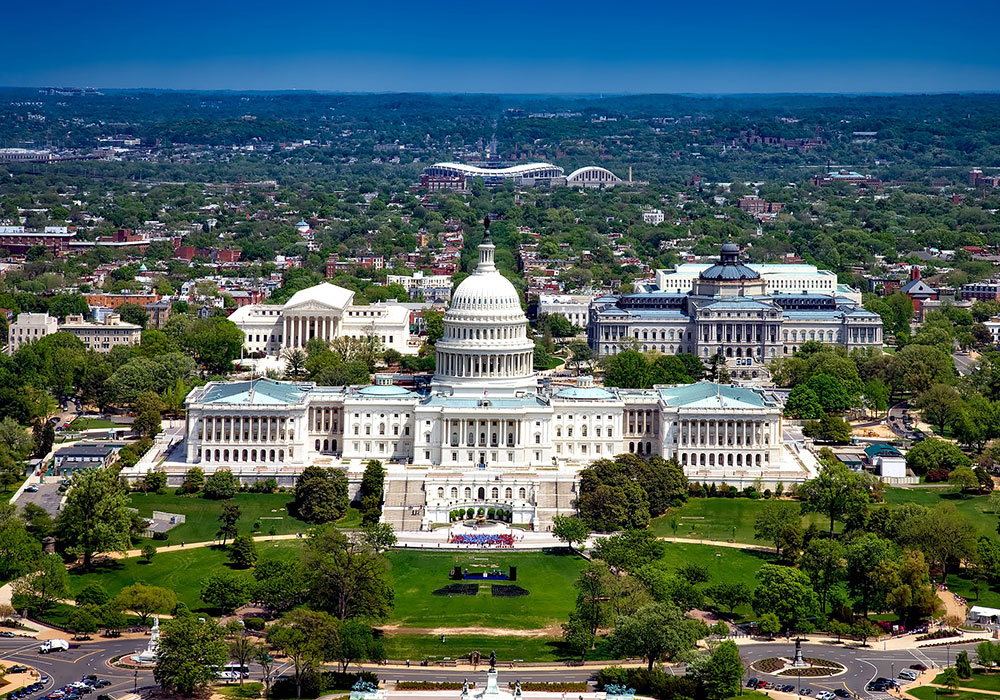Pennsylvania Legislation Aims to Expand Role of Nurse Practitioners
New legislation proposing to allow nurse practitioners the ability to practice to the full extent of their licensure is making its way through the Pennsylvania House and Senate. The bill was introduced to help ease the burden on healthcare professionals by loosening restrictions on the supervision over nurse practitioners. Although the bill has been met with some resistance, easing role restrictions for nurse practitioners would help meet patient demands, especially in rural and underserved communities in Pennsylvania. In December 2016, the U.S. Department of Veteran Affairs (VA) granted full practice authority to nurse practitioners within the VA health systems.
The state has seen little or no relief for rural and underserved communities at the federal level, so advocacy groups sought to make a change at the state legislative level. These political venues are smaller, the constituents are closer to home, and often the political leaders are part of the solutions. As the role of the nurse practitioner is more clearly explained to elected officials, the mystery of disparities in health care—along with patient demand—is better understood by all. Look for more states facing similar needs to review their nurse practitioner policies as well. ONS continues to support the integral roles of advanced practice nurses to improve quality and access to care.
Bipartisan Support Needed to Tackle the Nation’s Opioid Epidemic
A recent opinion article from Regina Labelle, the Obama Administration’s advisor on drug policy, outlined suggested steps for President Trump’s Opioid Commission to help combat the nationwide epidemic of opioid abuse and addiction. The article calls for bipartisan support, an attention to science and research, and incorporating public health and safety into commission’s plan. Many on Capitol Hill believe that the opioid epidemic is one of the few bipartisan issues left in Washington, DC.
In 2016, President Obama signed the Comprehensive Addiction and Recovery Act (CARA) that helped redefine addiction as a disease rather than a crime. CARA also provided funding for heroin treatment programs, but the next levels of that federal funding for those programs are currently in jeopardy. ONS has supported these initiatives but has also been outspoken for access to approved pain management treatment options for patients with cancer. Cancer, as a disease set, is in its own category when it comes to opioids. Providers need to have access to a variety of patient-centered treatments, and it seem that policymakers are starting to understand this. ONS will continue to advocate alongside organizations that support this important distinction.
New Poll Reveals Bipartisan Interest in Single-Payer Health Care
Health care has been a divisive issue in the United States for years. With the passage of the Affordable Care Act (ACA) in 2010, more Americans found access to insurance than before. Different factions throughout the country have provided significant backlash, especially considering the ACA’s recently increased premiums and potential tax penalties for those who are uninsured. However, a new poll has shown that many Americans are coming around to the idea of having a single-payer healthcare system.
It’s likely that the Trump administration’s recent attempt to repeal and replace the ACA has prompted more Americans to review their insurance access and reevaluate their position on health care for all. This is a remarkable statement and a complete reversal on one of the top domestic policy items. For a while now, discussions about healthcare coverage have been in the extreme—either pay to play or universal coverage for all. ONS will keep a watchful eye on these discussions and continue to support access to quality health care for Americans.






